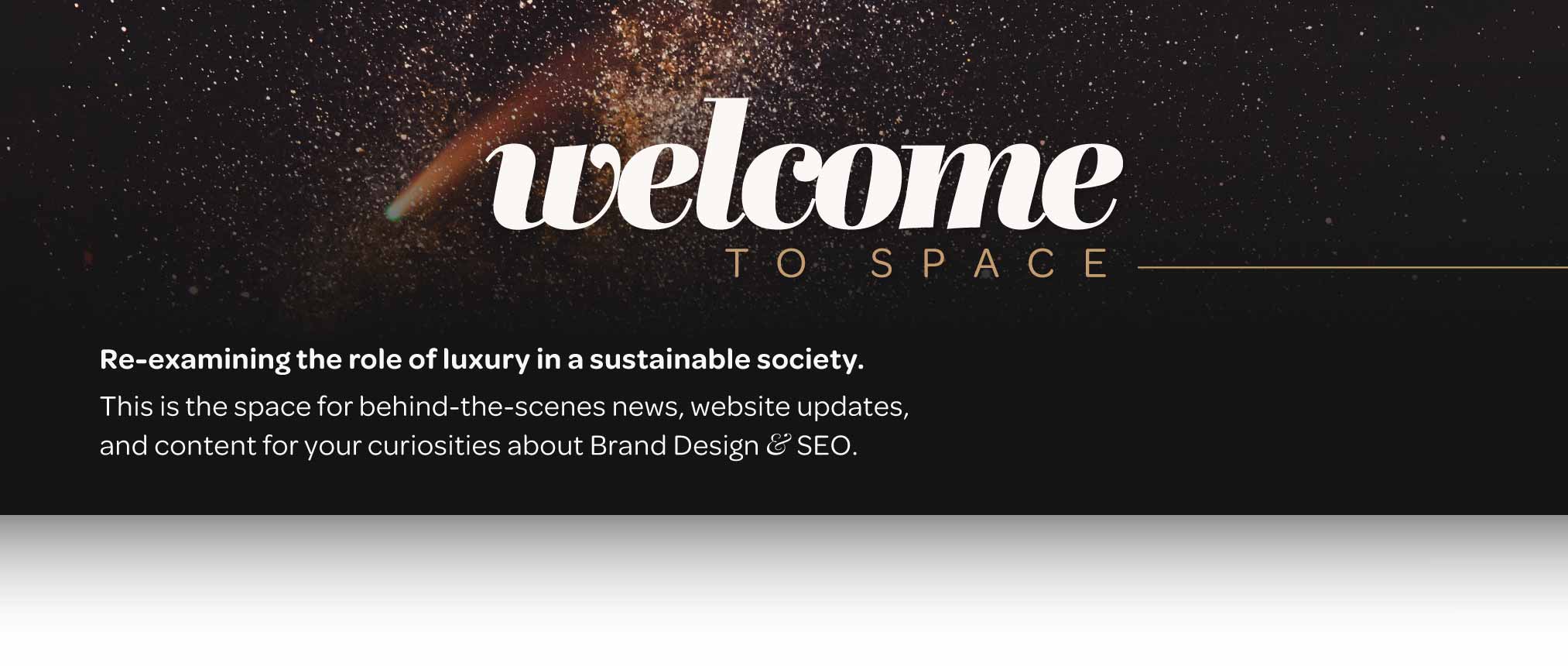We live in the 21st century, damn it.
There are flying drones, vertical forests, and the Cloud.
Eco-friendly is not a niche, it’s our lifestyle.
Every industry is lowering their carbon footprint. Businesses already recognize the value in offering green solutions. The practice of harvesting fossil fuels has been a well-known leading cause of air and water pollution.
Regardless of whether your conspiracy theorist relative believes it, our planet is suffering in all directions.
Our plastic waste is so bad, other animals are accidentally eating it and we have been eating those animals.
Everyone today is either a vegan eating soy (which promotes some cancer cell growth and impairs female fertility), or a meat-eater unknowingly eating (and passing on to their children) microscopic traces of plastic.
Problems from eating plastic — just in case you were planning on it—include: premature births, asthma, cancer, miscarriage, male infertility, premature breast development, and abnormal male sexual development.
(Spoon University)
The consequences are clearly dire.
They affect our entire generation, perhaps even the generations before us.
What we choose to do now, as a collective, will affect every generation of humans that will come after us.
So what are we doing to help ourselves?
Ford Motor Company, a heavy polluter, now have factories that use Geothermal cooling systems. They changed their energy consumption in both the production and the afterlife of their cars.
Disney has long since implemented a zero waste policy.
Johnson and Johnson own and operate a fleet of hybrid vehicles.
Even eBay has eco-initiatives.
It takes small steps.
Every day, regular people are creating great initiatives to protect our one & only environment.
On an individual scale, choosing how we store our food is as simple as it gets. Spending money on single-use plastics just tells them to keep making more.
The same goes for businesses.
“But it’s different for small businesses. I can’t afford to spend more money on being eco-friendly— that’s why ‘going green’ is a niche!”
Regardless of the initiatives that a company may embrace, businesses must identify ways of becoming more efficient over time. That goes for both massive corporations, and small businesses too.
So what can we do?
There are ways for small businesses to implement eco-friendliness as a bare minimum company standard.
It all comes down to one thing… Simply stop paying for what you don’t want.
Here’s a great example: Restaurants and retail stores need packaging for their guests to carry-out food and products.
Instead of wasteful single-use plastic bags, there are better alternatives.
More studies are showing that progressive options such as tote bags or permanent carry-out container purchases have a positive effect on consumers, because the brand is expressing their values to protect our home planet.
How different would your Starbucks experience be, if before payment they asked, “For here or to go?” And if your order is “for here” then you are given a quality mug with your order, rather than a disposable plastic cup?
It doesn’t remove the problems altogether, but it is a small step in the right direction.
This can also be leveraged for existing marketing strategies, since the experience of using one of said mugs might lead to more purchases instead of keeping them on display shelves to collect dust.
Experiential marketing, in this case, happens to be a green initiative.
There are other ways to use marketing to be environmentally friendly.
To maintain operation, industry supplies come from local sources. For many businesses striving for sustainability, that can make a difference.
Businesses needs to advertise themselves, and I’m not taking about big billboards or about vehicle wraps. Small business advertising is essential, even in this digital age.
As you leave a nail salon, their business cards are waiting at the door.
Hotels use a card in every room for greetings, contact information, and other guest amenities like a television guide.
Even churches have visitor cards.
The takeaway: There are eco-friendly solutions for all these goods.
From specialty business cards, to hangtags, to even sell sheets, there is no reason why companies cannot substitute the goods they are already producing with environmentally-friendly alternatives.
Let’s take a step back for a moment.
Part of branding is the perception the public holds for the business itself.
When it comes to connecting with the public emotionally, the ones ahead of the curve are the brands with clearly defined values.
Why should a small business care about that sort of thing?
What do the big decision-makers at Disney World, Orlando FL have in common with Miami landscapers like A’s Ornamental Nursery?
They both prioritize connecting to their audience.
Using technology and social media is one way small businesses have strengthened their brands.
The brands who demonstrate a serious commitment to the environment as a business strategy issue are not only progressive, they are positioning themselves to be long-lasting.
Both strategically and, unfortunately, literally.

